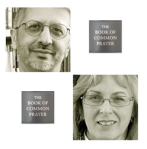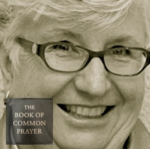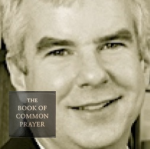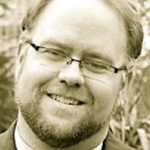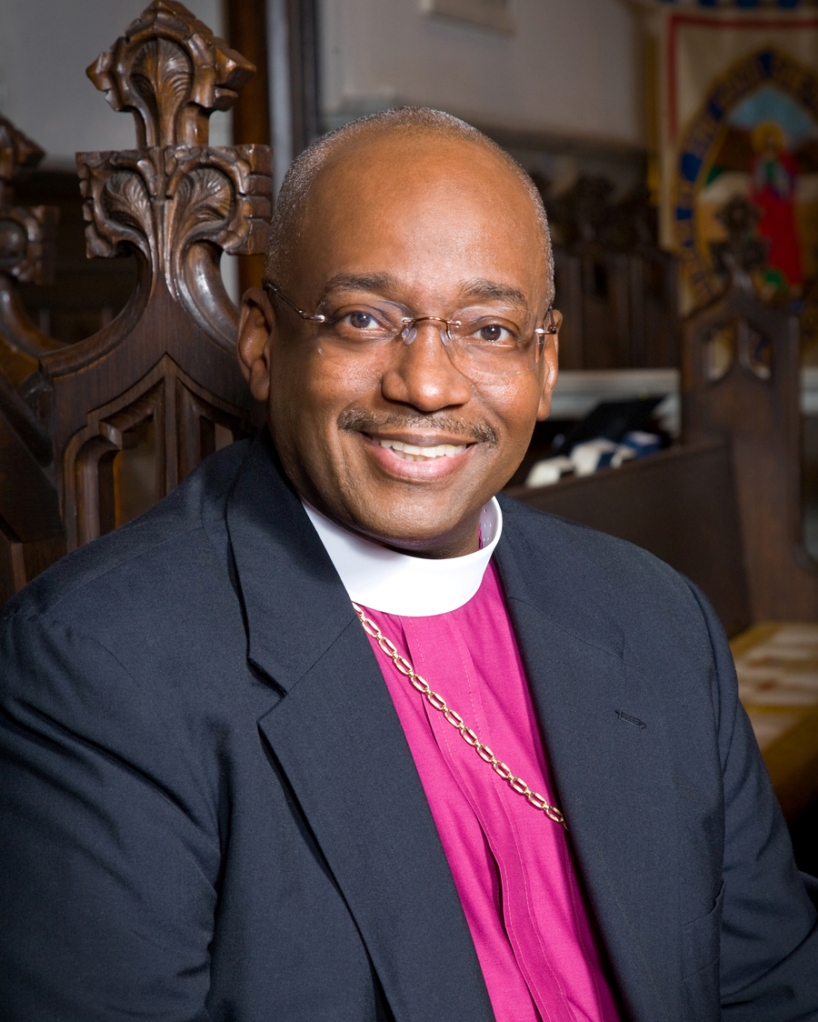 The Reverend Dr. Jason Fout has shared his research and wisdom with ChurchNext in two courses: as part of our series on The Book of Common Prayer in partnership with Bexley-Seabury, Jason taught us about the history of our professions and beliefs in Creeds and Commitments of the Prayer Book; in a fascinating course called Who Is Jesus? he explored the various ways we might get in touch with who Jesus was and is.
The Reverend Dr. Jason Fout has shared his research and wisdom with ChurchNext in two courses: as part of our series on The Book of Common Prayer in partnership with Bexley-Seabury, Jason taught us about the history of our professions and beliefs in Creeds and Commitments of the Prayer Book; in a fascinating course called Who Is Jesus? he explored the various ways we might get in touch with who Jesus was and is.
Jason also gave a fascinating talk at this year’s Consortium of Endowed Episcopal Parishes (CEEP) conference on his research and experiences in the Diocese of London, and the ways that Bexley-Seabury and the folks in London have been working to create a “seminary without walls.” Here at ChurchNext, we of course love their mission of deepening Christian formation in innovative ways, unbounded by place or even time.
Jason joined the faculty of Bexley Hall in 2009. Before that, he and his family and lived in the UK for four years, where he was completing his PhD at the University of Cambridge. He is from the Diocese of Chicago and was ordained there in 2001, after having attended seminary at Seabury-Western Theological Seminary. His dissertation was on the glory of God and its relation to human agency at Cambridge, under the supervision of Professor David F. Ford and the late Professor Daniel W. Hardy. His research interests include contemporary Anglican theology, as well as the history of Anglican theology and constructive theology in the areas of Christology, political theology and theological anthropology. He also has a growing interest in the practice of Scriptural Reasoning, in urban studies, particularly related to the New Urbanism, and theological readings of the built environment.
He is an avid cook, a keen road cyclist and a longsuffering fan of the Chicago Cubs and English Test Cricket. We’re grateful to have partnered with Jason and look forward to his next project.

